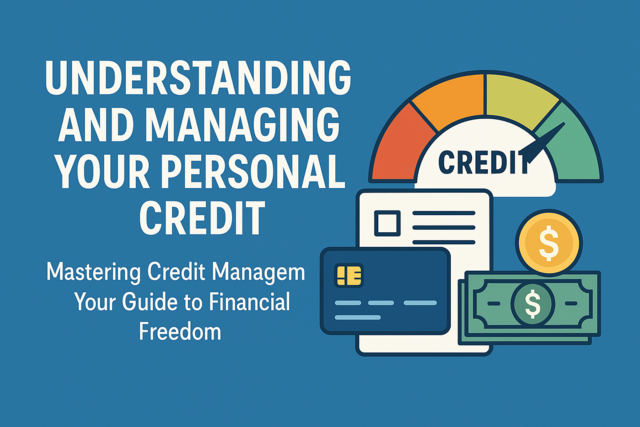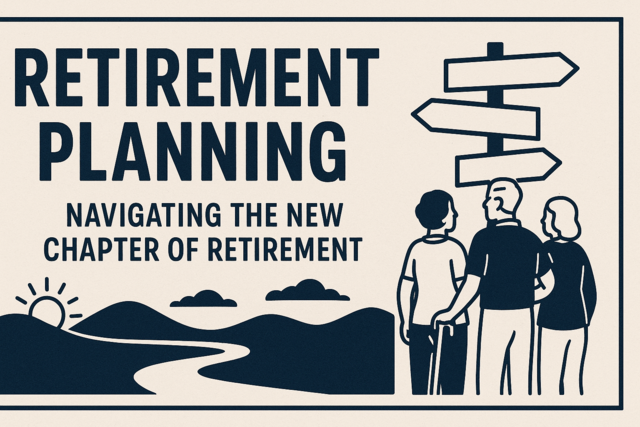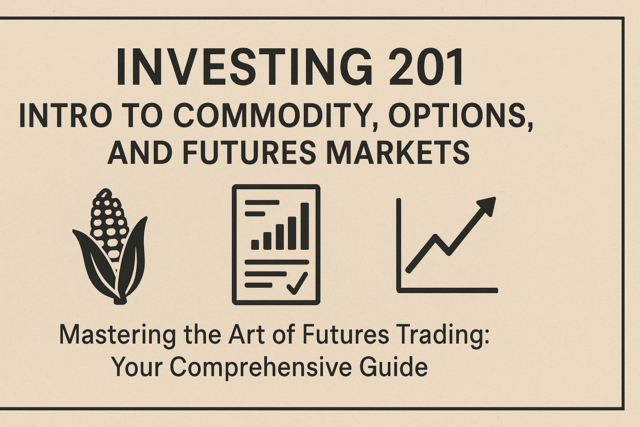Retirement Tips
Secure Your Future: Master the Art of Retirement Today!

6 Hours average completion time
0.6 CEUs
13 Lessons
19 Exams & Assignments
14 Reference Files
118 Articles
Mobile Friendly
Last Updated January 2026
Crafting Your Golden Years: A Life Beyond the Office
Picture it: a golden horizon, marked not by work deadlines but by opportunities to explore, learn, and relish the simple joys of life. This is the promise of retirement. Yet, as you embark on this new chapter, it's essential to understand that it's a transition from work, not from the vibrant tapestry of life itself.
For many, the very term "retirement" evokes dreams of sun-kissed beaches, endless relaxation, and the luxury of time. While these delightful musings have their place, retirement also comes with its own set of responsibilities, challenges, and opportunities. Think of it as a full-time commitment to the most important project yet: yourself.
Whether you're a forward-thinker who began strategizing for retirement early in your career or you've had an epiphany at 60 about the approaching golden years, it's never too late or too early to start planning. The cornerstone of an enriching retirement lies in acknowledging your starting point, embracing the journey, and being transparent about your aspirations and limitations.
In today's dynamic world, the definition of 'retirement' is continually evolving. Gone are the days of binary transitions from work to complete relaxation. With the advent of modern technology, many are seeking a blend, with flexible work engagements or pursuing passions that were once sidelined. Our course respects all paths, focusing on ensuring a retirement that's independent of mandatory work, yet rich in optional pursuits.
It's undeniable: sacrifices and choices will shape your path to retirement. You might have to tighten your belt, endure a few more years in a challenging job, or even navigate the turbulent waters of workplace politics. While it's tempting to fixate on the negatives, we encourage a paradigm shift. Instead of viewing them as burdens, see them as choices steering you towards a fulfilling retirement.
Envision the boundless potential retirement brings: diving deep into novels, embarking on thrilling travels, indulging in creative ventures, or even attempting that stand-up comedy gig you've always dreamt of! Throughout our prime years, responsibilities often eclipse our true desires. Retirement is the perfect canvas to paint those dreams.
By anchoring your retirement vision in pursuits that genuinely ignite your passion, the journey becomes less about sacrifice and more about choices that pave the way to a fulfilling life. This positive mindset not only makes the preparatory phase more enjoyable but also allows you to embrace retirement with vigor and zest.
From financial planning and health considerations to rediscovering lost hobbies and spending quality time with loved ones, we guide you step-by-step. Remember, it's not about counting down to retirement; it's about making every moment of the journey, and the retirement itself, count. Embrace the adventure, plan with purpose, and let's create a retirement story that resonates with joy, fulfillment, and unparalleled freedom.
- Improving health for lasting wellness
- Evaluating retirement readiness and personal goals
- Redefining purpose in retirement
- Strategies for secure savings and investments
- Achieving personal and financial milestones
- Retirement financial planning skills
- Understanding retirement terms and concepts
- Building strong relationships in retirement
- Engaging in lifelong learning and growth
- Finding fulfillment beyond career achievements
- Navigating relationships and residency choices
-

Investing 101: Stocks, Bonds, and Mutual Funds
-

Personal Finance 101: How to Manage Your Money
-

Accounting & Bookkeeping 101 for Everyone
-

Understanding and Managing Your Personal Credit
-

Managerial Accounting 101
-

Understanding Financial Statements
-

Estate Planning
-

Retirement Planning
-

Debt Reduction
-

Financial Analysis 101: Planning and Control
-

Investing 201: Intro to Commodity, Options, and Futures Markets
-

Habits of Millionaires